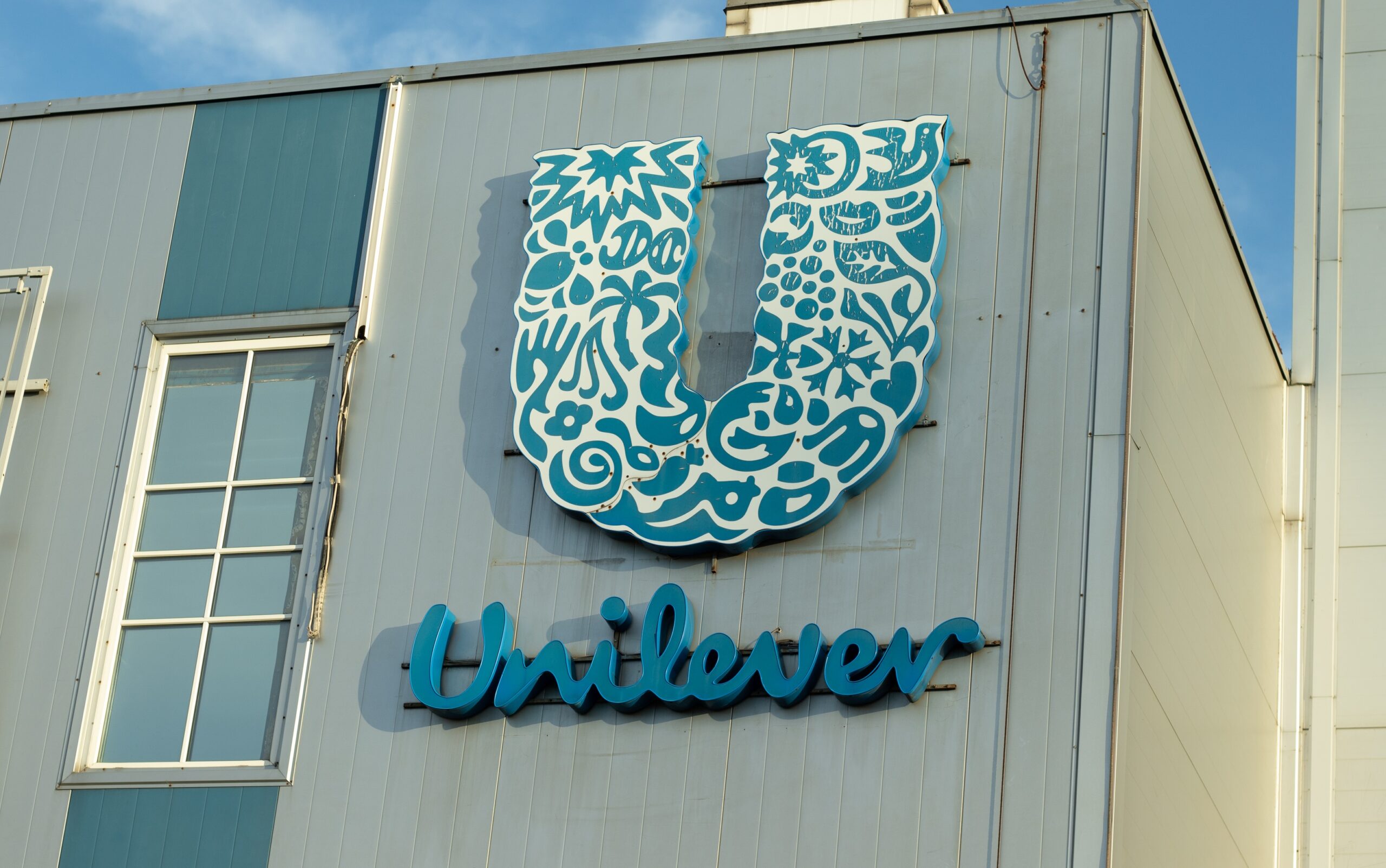
Unilever is the latest company to be added to Ukraine’s National Agency for the Prevention of Corruption (NACP) list of “international sponsors of war” over its continued presence in Russia.
NACP said the UK-headquartered consumer-goods giant has been added to the list because of its “on-going presence in the Russian Federation and its significant taxes to the Russian state budget, thereby supporting the aggressor’s economy and contributing to the continuation of Russia’s war against Ukraine”.

Discover B2B Marketing That Performs
Combine business intelligence and editorial excellence to reach engaged professionals across 36 leading media platforms.
The agency made a number of allegations against the maker of Marmite spreads, Knorr soups and Ben & Jerry’s ice creams.
“With more than 3,000 employees in Russia it [Unilever] runs a significant operation that has increased its revenue and profit since the full-scale invasion of Ukraine,” NACP claimed.
It added that Unilever’s profits in Russia doubled from 2021 to 2022 and that its Russian operation, Unilever Rus LLC, paid around $50m in taxes to the Russian Federation last year. Neither of those claims have been confirmed by Unilever and it is understood the profit figure is disputed.
According to Unilever’s 2022 annual report, its Russian business accounted for 1.4% of turnover and 2% of its net profit last year.

US Tariffs are shifting - will you react or anticipate?
Don’t let policy changes catch you off guard. Stay proactive with real-time data and expert analysis.
By GlobalDataThe company told Just Food “the actions we took to reduce our business in Russia resulted in double-digit volume decline” and it said “turnover was higher on the back of inflation and the strength of the rouble”.
Oleksandr Novikov, head of the NACP, said: “After Russia’s full-scale invasion of Ukraine, the company promised to suspend all imports and exports of its products to and from Russia, as well as halt all media and advertising spending. Yet it continues to operate at a large-scale with enterprises in Omsk, Yekaterinburg, St. Petersburg and Tula continuing their work, offices still running operational activities and ensuring the presence of brands in shops.
“Unilever cannot say it is opposed to the war while at the same time contributing to Putin’s war machine. We have added them as an International Sponsor of War because their hundreds of millions in tax contributions to the Russian state are helping to fund its attacks on Ukraine and could be indirectly funding a mercenary criminal group.
“Unilever has a new CEO in Hein Schumacher, it needs a new start and to live up to its values of human rights. Unilever must leave Russia now or history will record its complicity.”
Unilever referred Just Food to its February statement, which said that since March 2022 it has ceased all imports and exports of its products into and out of Russia and stopped all media and advertising spend.
“We have also ceased all capital flows into and out of the country. We continue to supply our everyday food and hygiene products made in Russia to people in the country,” it said in that statement.
“We understand why there are calls for Unilever to leave Russia. We also want to be clear that we are not trying to protect or manage our business in Russia. However, for companies like Unilever, which have a significant physical presence in the country, exiting is not straightforward.”
It added: “It is clear that were we to abandon our business and brands in the country, they would be appropriated – and then operated – by the Russian state. In addition, we do not think it is right to abandon our people in Russia.”
It said that there is also an option to sell the business but said “to date we have not been able to find a solution which avoids the Russian state potentially gaining further benefit, and which safeguards our people”.
It argued that allowing the business to run with the “strict constraints that we put in place last March” remains the best option.
Unilever said it is keeping this position “under close review” but warned in February that there is a possibility its operations in Russia may not be able to continue.
Last month, it was revealed that US confectionery giant Mondelez International has faced criticism and a boycott of its products in the Nordic region after it was put on the NACP’s “international sponsors of war” list.
In the days after Russia’s invasion of Ukraine, the Cadbury chocolate and Oreo biscuits owner said it would focus on selling only a “basic offering” of products, scale back “all non-essential activities” in the country, abandon any new capital investment and suspend advertising spending.
Mondelez’s Russian headquarters are in Moscow. The company has a factory producing chewing gum products in Veliky Novgorod, another in Pokrov making chocolate and a third in Sobinka for biscuits. And, as of 2022, Mondelez started importing Milka-branded products into Russia from Belgium.





